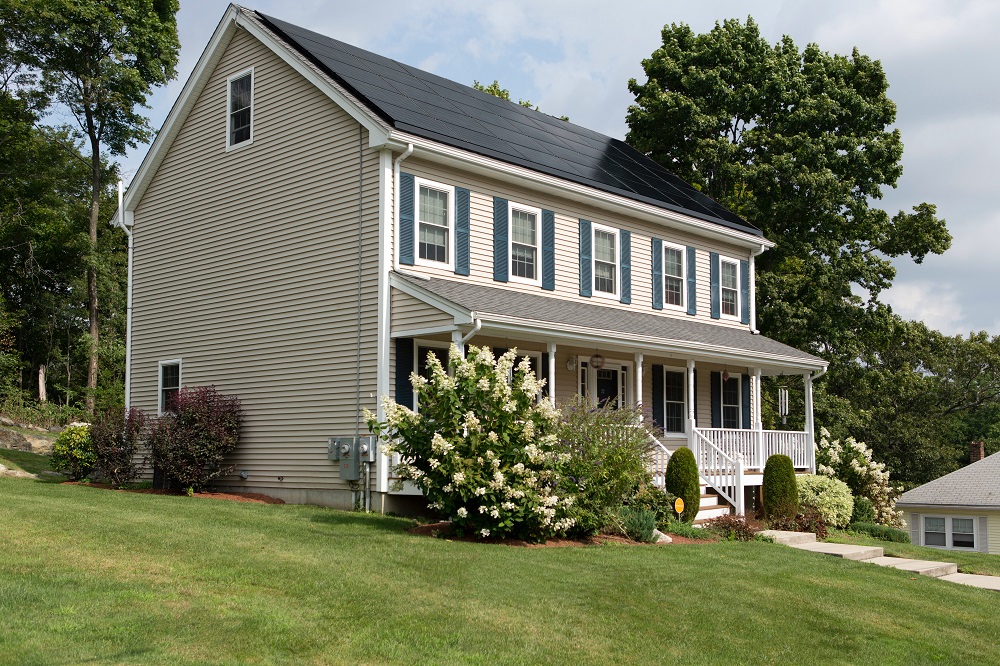Solar panels are one part of a system that produces power by collecting energy from the sun. It also includes an inverter to convert that direct electricity into alternating current, charge controllers, and batteries for storing energy.
The cost of a solar panel installation depends on the size, type, and quality of the panels you choose. It can also be affected by location, incentives, and government trade policy.
Cost of Solar Panels
The cost of solar panels varies depending on many factors. The most important is your home size, which affects the number of panels you need to offset your electricity costs.
Another factor is the type of system you choose, which also relates to how much you must spend upfront. For example, you can opt for a grid-tied, grid-tied storage (hybrid), or utterly off-grid system.
Your solar energy system installation is a long-term investment that will pay dividends. It will decrease your power costs and raise the market price of your house.
Solar panel prices vary based on the type of system you want, its efficiency rating, and its brand. It would be best to compare quotes from multiple contractors as you would when shopping for any big-ticket in-home purchase.
Cost of Installation
Solar panels are a significant investment, and the installation cost is a big factor in deciding whether or not to go solar.
After you’ve decided on the system size and type of solar panel, it’s time to start the installation process. First, your installer will install the solar panels, inverter, and batteries.
How much power you consume at home and how many peak sunlight hours you receive where you live will determine how many panels you need. With a solar calculator, you may calculate how many solar panels you’ll require to satisfy your energy requirements.
Your system’s cost will also be affected by your location and whether or not you have access to a utility grid. If you do, your cost will likely be lower than if you don’t have a grid connection.
Cost of Batteries
Batteries are a vital component of most solar battery storage systems. They store the energy your solar panels generate during a power outage, at night, and on cloudy days.
They can also help you reduce your reliance on the electricity grid and save money. They are available in different capacities and are compatible with most residential solar panels.
Lithium-ion batteries are the most common — and they’re gaining popularity due to their lightweight, high energy density, and long lifespans. They’re also less expensive than lead-acid or nickel-cadmium batteries.
Solar battery storage costs vary based on the battery type, capacity, power rating, installation fees, and other factors. However, financial incentives can help lower the total price of a solar battery.
Tax Credits
If you have been considering installing solar panels on your home or business, it is essential to understand the tax credits available to help offset some of your costs. These tax credits can be applied to federal and state taxes, saving you thousands of dollars.
Several state and local incentives can reduce your solar installation costs. These can be found through your local solar contractor.
For example, many communities offer a property tax credit for solar installations. It can reduce your overall energy bills and increase your home’s value, so it is worth checking out these options in your area.

